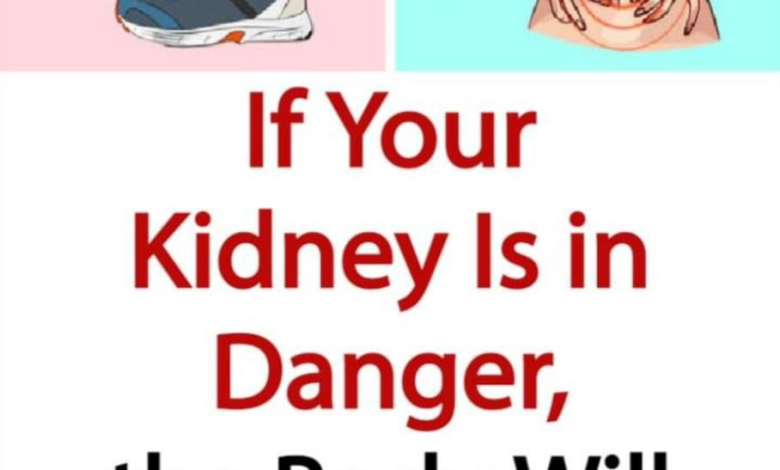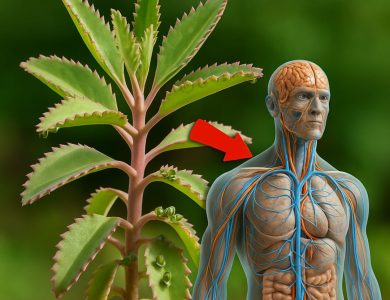If Your Kidney Is in Danger, the Body Will Give You These 8 Signs!

Our kidneys are vital organs that work tirelessly to filter waste and excess fluids from our blood, maintaining a delicate balance of electrolytes. Given their crucial role in overall health, any sign that they are not functioning properly is cause for attention. Understanding and recognizing the signs of kidney trouble can be lifesaving.
One early sign that your kidneys might be in danger is unusual changes in urination. This could be an increase or decrease in the amount of urine, a change in the color of the urine, or needing to urinate more frequently, especially at night. Keep an eye on any changes in your urine as they are direct signals from your kidneys.
Another indicator can be less energy or feeling of fatigue. Our kidneys also produce a hormone called erythropoietin that helps produce red blood cells. If they are underperforming, the result can be anemia, leading to feelings of constant fatigue or weakness.
Swelling can also occur, often around the ankles, feet, or hands. This is because the kidneys aren’t successfully removing extra fluid, which causes the body to retain it in certain areas.
The appearance of swelling is closely linked to another sign: puffiness around the eyes. This can indicate that your kidney filters are not removing waste efficiently, allowing proteins to leak into your urine and cause puffiness in the face, particularly around the eyes.
In addition, you might discover that your skin becomes dry and itchy. The kidneys help continuously balance the minerals in your body, and without proper function, imbalances can lead to dry and itchy skin.
Feeling dizzy or having difficulty concentrating might also be a hallmark of kidney issues. This may be tied to anemia as well, where a lack of red blood cells can lead to diminished oxygen flow to the brain.
Another sensation to be aware of is shortness of breath. With extra fluid in the body and reduced erythropoietin production, you may find it harder to breathe. The extra fluid can build up in the lungs, creating a sensation akin to breathlessness.
Finally, experiencing a persistent metallic taste in your mouth or noticing that food doesn’t taste the same are signs of excess waste in your bloodstream due to decreased kidney function.
If you’re concerned about these symptoms or have a history of kidney problems, consulting your healthcare provider is essential. Regular check-ups and blood tests can aid in tracking your kidney health. Adopting a kidney-friendly lifestyle that includes staying well-hydrated, eating well-balanced meals, and avoiding excessive use of salt and alcohol can offer pivotal support to these vital organs.
Here’s an image to keep you aware of these important signals:





